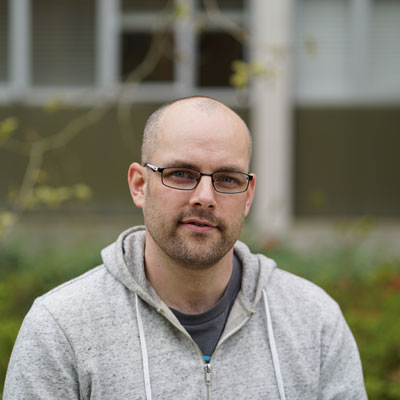
Scott's Story
Scott, a software developer and skydiving instructor, shares his story from being diagnosed with depression to recovery and what helped the most.

Scott, a software developer and skydiving instructor, shares his story from being diagnosed with depression to recovery and what helped the most.
"I wasn’t diagnosed with depression until I was 28. In hindsight, it’s been with me since at least as early as 16."
About Scott:
I am a 40 year old software developer and skydiving instructor. I’m married with two kids. I’ve been living with depression my entire adult life.
I wasn’t diagnosed with depression until I was 28. In hindsight, it’s been with me since at least as early as 16. It was after my girlfriend was in a car crash that my symptoms became bad enough that I decided to seek help.
Counselling
Medication
Honesty
Living with a mood disorder, or mental illness of any type, can feel isolating, emasculating and overwhelming. Unfortunately, the stigmas and misunderstandings that come along with mental health issues are deep in all of us. We all need to move beyond the current attitudes toward mental illness. By admitting that things aren’t ok and seeking help, you’re showing us your strength and clearing the path for others that need help.
Keep fighting, this is one you can win.
– Scott, software developer and skydiving instructor based out of BC, Canada. Hear more from Scott in his story video.
Help us explore the complex connections between men's mental health and their romantic relationships by participating in the Men and Relationships Study. Your insights will contribute to a deeper understanding of how relationships impact well-being, helping to shape better mental health support for men.
Participants may enter a draw for one of four $100 prepaid Mastercards.
Take the survey today and be part of this important research.